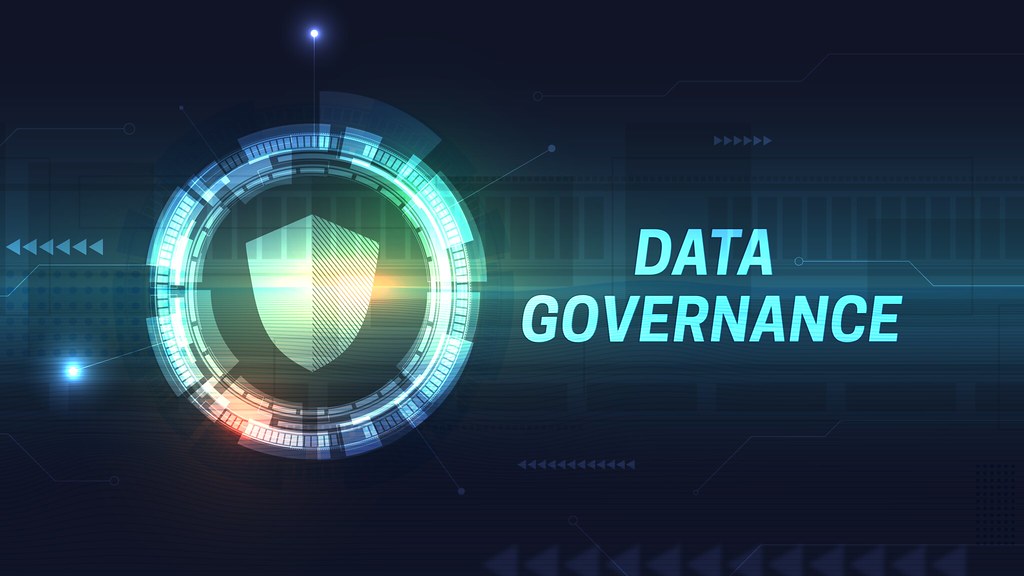Training And Programs in Data Governance
In the realm of data governance, fostering a culture of responsibility and accountability begins with robust training and awareness programs. These initiatives serve as the cornerstone for ensuring that every individual within an organization comprehends the significance of proper data management.
Importance of Training Programs
Understanding Policies and Procedures
Training programs acquaint employees with the intricacies of data governance policies and procedures. They elucidate the dos and don’ts, delineating the boundaries and protocols for handling data.
Nurturing a Data-Centric Mindset
By instilling a data-centric mindset, these programs cultivate a sense of ownership and responsibility among employees. They recognize the impact of their actions on data integrity and security.
Mitigating Risks
Educating the workforce about potential risks and vulnerabilities associated with mishandling data is pivotal. Such awareness minimizes the chances of inadvertent breaches or non-compliance.
Elements of Effective Training Programs
Tailored Content
Customizing training materials to suit various roles and departments ensures relevance. Tailored content resonates better with specific job functions, making it more impactful.
Interactive Sessions
Interactive sessions, workshops, and real-life scenarios foster engagement and comprehension. Hands-on experiences empower employees to apply theoretical knowledge to practical situations.
Continuous Learning
Training programs shouldn’t be a one-time affair. Continuous learning through follow-ups, refresher courses, and updates about evolving regulations ensures ongoing compliance and awareness.
Implementing Awareness Programs
Communication Strategies
Communicating the importance of data governance through various channels—emails, intranet, newsletters—ensures widespread understanding and adoption.
Champions of Data Governance
Identifying and empowering champions within teams to advocate for data governance nurtures a grassroots movement. These ambassadors serve as role models, inspiring others to embrace best practices.
Celebrating Successes
Recognizing and celebrating achievements in data governance further reinforces positive behaviors. It incentivizes adherence to protocols and fosters a culture of excellence.
Conclusion
In conclusion, training and awareness programs are not just about imparting knowledge; they’re about instilling a mindset. They create a workforce that values and protects data, ensuring its integrity and security. By investing in these initiatives, organizations fortify their foundation of data governance, paving the way for a more secure and responsible future.
FAQ
Ques 1: What are the 4 pillars of data governance framework?
Ans: Data Quality, Data Security and Privacy, Data Management and Stewardship, Data Architecture and Metadata Management
Ques 2: What are the five areas of data governance?
ANS: Data Policies and Standards, Data Quality Management, Data Security and Privacy, Data Architecture and Metadata Management, Data Stewardship






Pingback: Training And Programs in Data Governance - Tech...